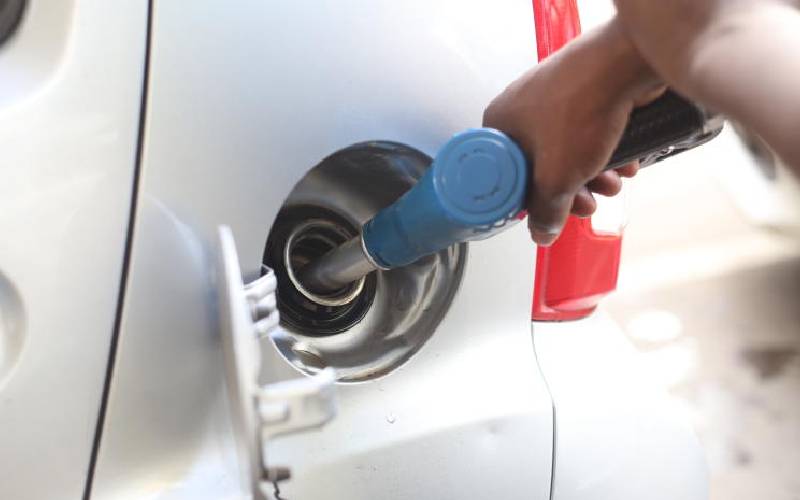
Dozens of firms with little or no retail presence in Kenya have been clogging Kenya Pipeline Company’s (KPC) storage and transport facilities with petroleum products meant for export, which is partly to blame for the major fuel supply problems experienced this month.
An analysis of the fuel that passed through the KPC system in March shows the majority of the firms did not stick to the stipulations by the Ministry of Petroleum that at least 60 per cent of the fuel should be for local consumption while capping products meant for transit at 40 per cent.